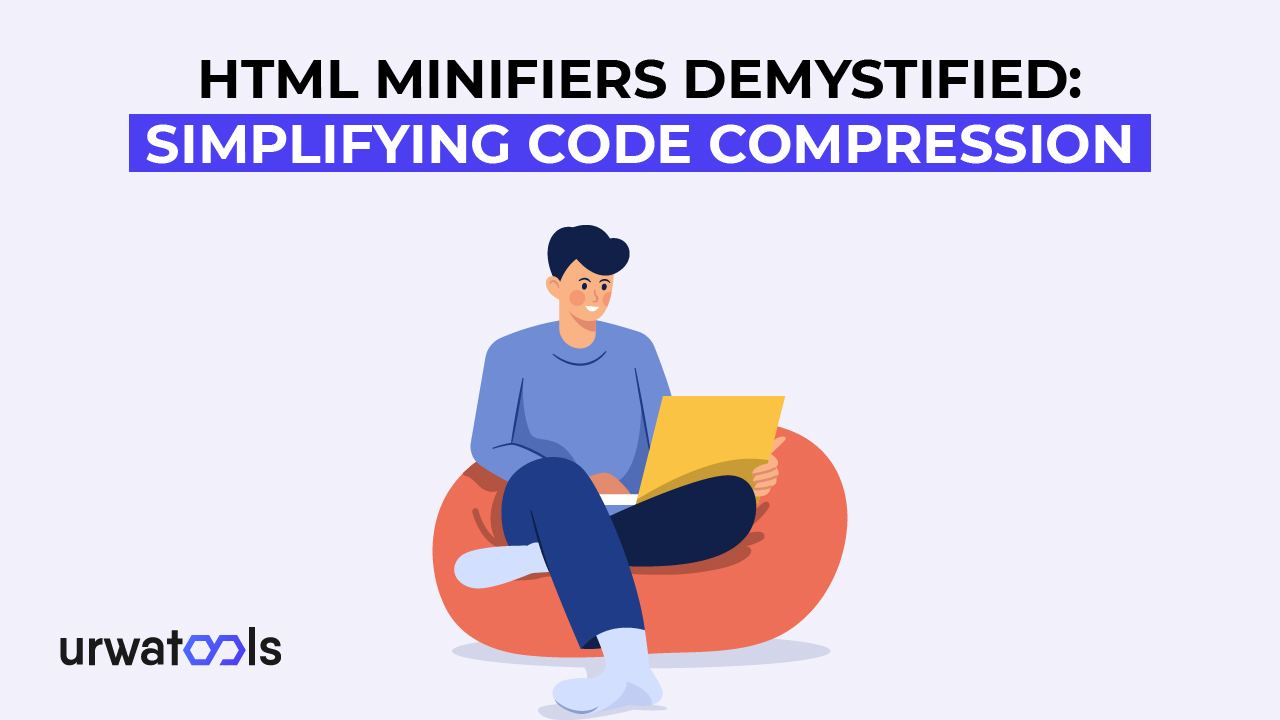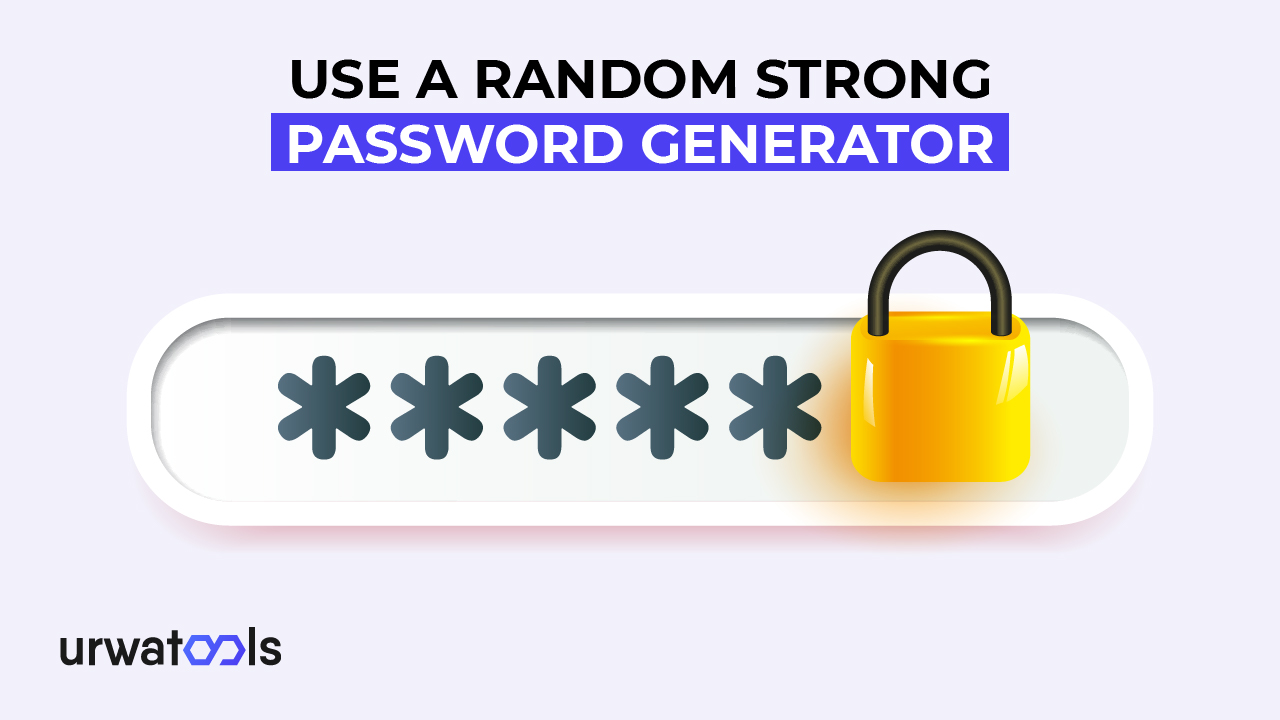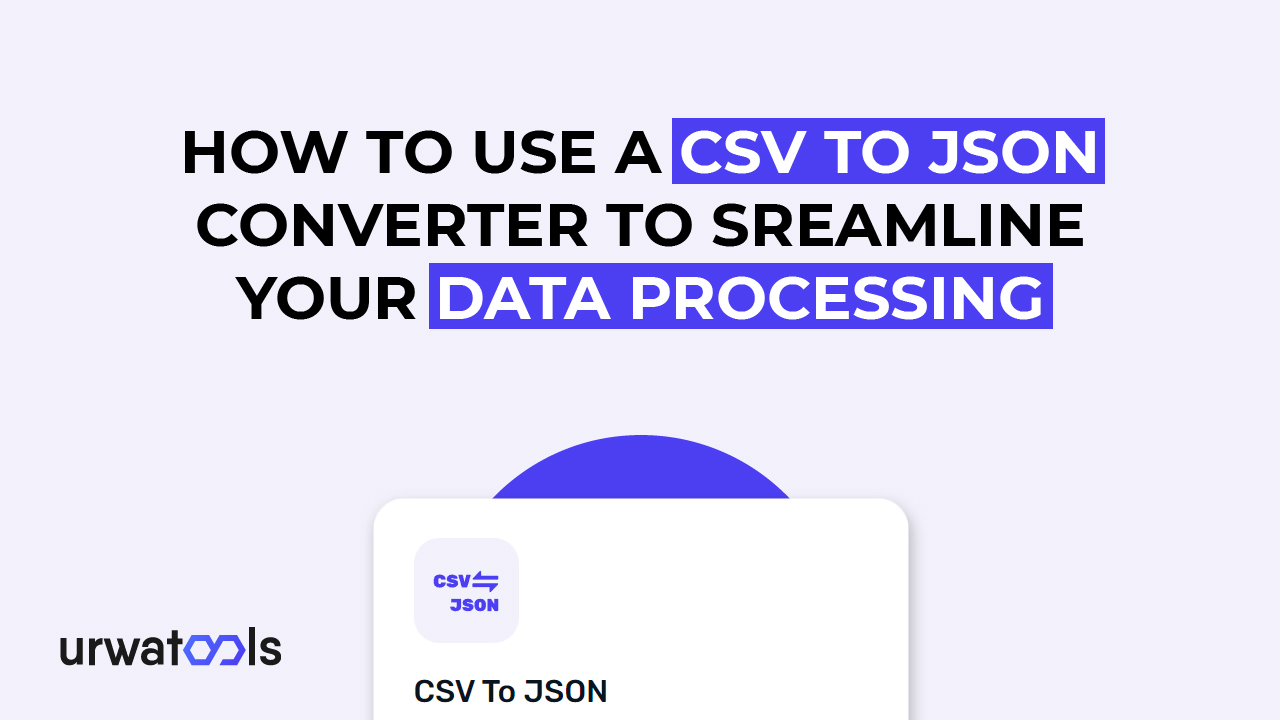PermalinkIntroduction
In today's fast-paced digital world, website performance is crucial to user experience and search engine optimization. One key factor affecting website speed is HTML code size. Bloated and redundant code can slow down a website, leading to a higher bounce rate and lower search rankings. HTML minifiers come into play here. HTML minifiers simplify and compress HTML code, reducing the size and improving website performance. This article will demystify HTML minifiers and explore how they simplify code compression.
PermalinkWhat are HTML Minifiers?
HTML minifiers analyze HTML code and remove unnecessary characters, whitespace, and comments without altering functionality. These tools employ various techniques to optimize code and reduce size. By eliminating redundant elements, HTML minifiers make code more compact, resulting in faster website loading times.
PermalinkHow Do HTML Minifiers Work?
HTML minifiers follow a series of steps to compress code effectively. Let's look at the process.
PermalinkStep 1: Parsing
The first step of the minification process involves parsing the HTML code. The minifier analyzes the code structure, identifies elements, and understands their relationships. This step ensures that the code is processed accurately without breaking its functionality.
PermalinkStep 2: Removal of whitespace
Whitespaces, such as spaces, tabs, and line breaks, are essential for code readability but add unnecessary size to the file. HTML minifiers remove excess whitespace to minimize code footprint without affecting browser interpretation.
PermalinkStep 3: Removal of comments
HTML comments, denoted by <!-- -->, provide valuable information for developers but are not required for website rendering. Minifiers strip out these comments to further reduce file size.
PermalinkStep 4: Removal of redundant attributes and tags
HTML minifiers analyze the code and identify redundant attributes and tags that do not contribute to the website's functionality or appearance. These unnecessary elements are eliminated, resulting in a cleaner codebase.
PermalinkStep 5: Code compression
In this step, minifiers apply advanced compression techniques to shrink the code further. These techniques involve shortening HTML entities, merging adjacent tags, and replacing certain attributes with shorthand notations. The minifier ensures that compressed code remains valid and interpretable by browsers.
PermalinkBenefits of HTML minifiers
HTML minifiers offer several benefits for website owners and developers. Let's explore the advantages.
Permalink1. Improved Website Performance:
By reducing the size of HTML code, minifiers contribute to faster loading times, enhancing the user experience. Websites with optimized code tend to have lower bounce rates and higher engagement metrics, positively impacting search engine rankings.
Permalink2. Bandwidth savings:
Minified HTML consumes less bandwidth, especially on mobile devices where data usage is a concern. By optimizing code size, minifiers reduce data transfer, saving costs and improving accessibility for users with limited internet connectivity.
Permalink3. Enhancing SEO:
Website speed is a critical ranking factor in search engine algorithms. Minifying HTML code improves website performance, resulting in better search engine visibility. Search engines prioritize fast-loading websites, making HTML minification an essential aspect of optimization (SEO).
Permalink4. Reduced development and maintenance efforts:
Minified code is easier to read and debug. By removing unnecessary elements, minifiers improve code readability and maintainability. Developers can focus on essential parts of the code, leading to more efficient development and faster troubleshooting.
PermalinkCommonly Used HTML Minifiers
HTML minifiers are available, each with unique features and compression techniques. Here are some popular ones.
1. HTMLMinifier: A widely used minification tool that offers customizable options to optimize HTML code.
2. CleanCSS: Although focused on CSS minification, CleanCSS also provides HTML minification capabilities.
3. Terser: Terser is a powerful JavaScript minifier with HTML minification.
4. Online Minifiers: Various online tools, such as MinifyCode, HTML Minifier, and HTML Compressor, allow users to minify HTML code conveniently without installing software.
PermalinkFAQs about HTML Minifiers
PermalinkQ1: Are HTML minifiers compatible with all browsers?
A1: Yes, HTML minifiers generate code compatible with all modern browsers Minification removes unnecessary elements and whitespace, ensuring code validity.
PermalinkQ2: Can I customize the minification process?
A2: Yes, most HTML minifiers offer customization options. You can specify which elements to remove or keep, control compression techniques, and define the optimization level according to your requirements.
PermalinkQ3: Will minifying HTML code affect my website's functionality?
A3: No, minifying HTML code does not affect website functionality; it only removes redundant elements and whitespace. However, it's always good practice to test the minified code thoroughly to ensure proper rendering and functionality.
PermalinkQ4: How often should I minify my HTML code?
A4: It's recommended to minify HTML code whenever you make significant changes to your website. Regular minification ensures code optimization and updating.
PermalinkQ5: Are HTML minification risks associated?
A5: While HTML minification is generally safe, there is a slight risk of introducing unintended bugs or issues if the process is not performed correctly. Testing the minified code deeply before deploying it to a production environment is crucial.
PermalinkQ6: Can I revert to the original code after minification?
A6: You can always revert to the original code by keeping a backup of the unmodified version. It's recommended to store a copy of the original code to avoid inconvenience during future modifications.
PermalinkConclusion
HTML minifiers are invaluable tools for simplifying code compression and improving website performance. By removing unnecessary characters, whitespace, and comments, minifiers optimize HTML code, resulting in faster-loading websites, bandwidth savings, and enhanced SEO. Whether you choose a standalone minifier or an online tool, incorporating HTML minification into your development can benefit you significantly. So, embrace HTML minifiers and boost your website's performance!








